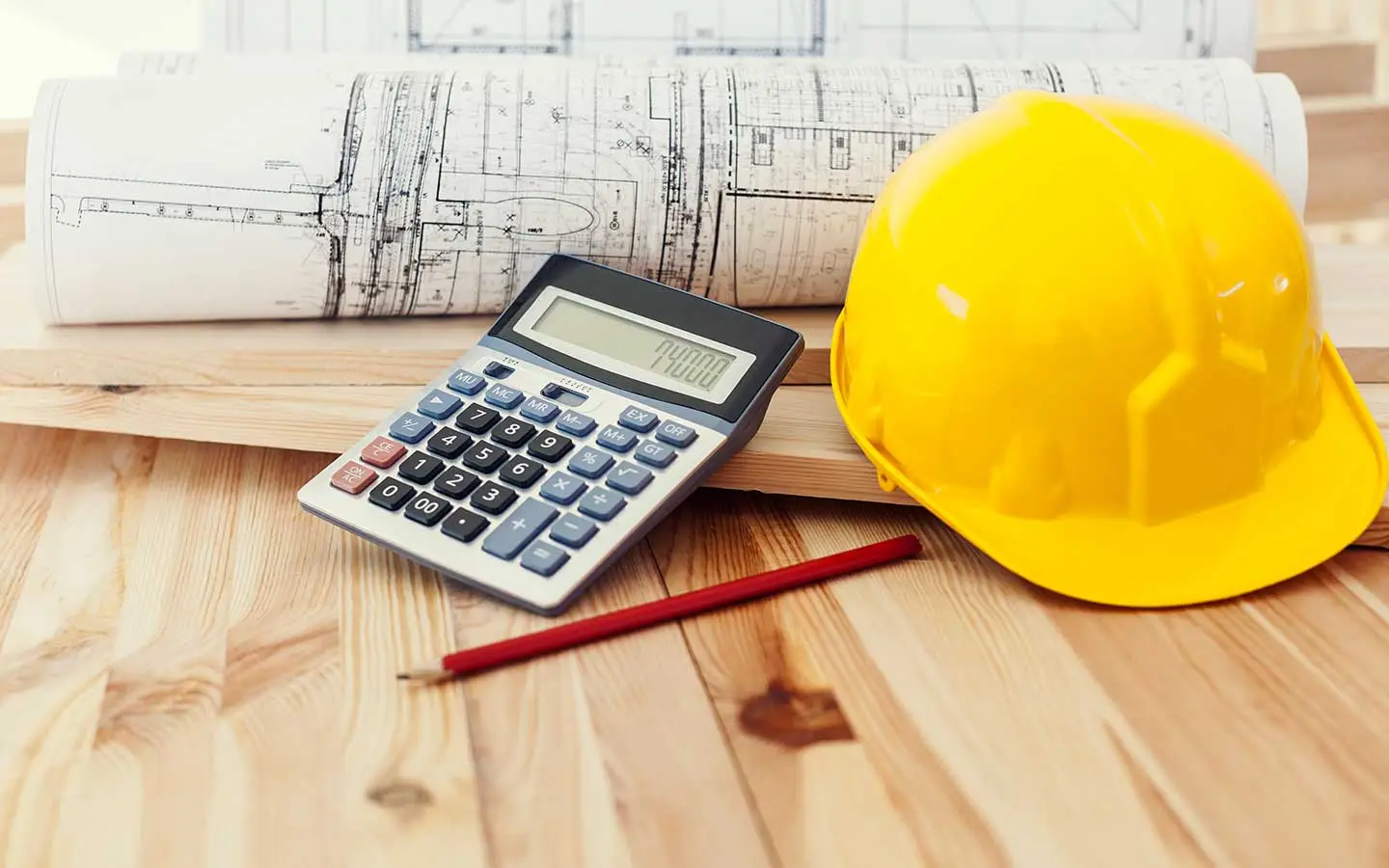A commercial renovation is one of the most significant investments a business can make—an investment in productivity, brand image, and future growth. But even the most brilliant vision can be derailed by a poorly planned budget. Unexpected costs and financial stress are the number one reason projects go over time and fail to deliver the expected ROI.
So, how do you move from a rough estimate to a realistic, comprehensive budget that covers every eventuality? This guide is for the CFO, the business owner, the decision-maker who needs financial certainty. It outlines how to build a robust budget, secure the right financing, and protect your project from costly surprises.
The Feasibility Study: Your Financial Homework
Before you even approach a contractor for a quote, you need to conduct an internal feasibility study. This crucial first step involves answering key financial questions:
What is the business case? Define the goals of the renovation. Are you trying to increase staff capacity, improve workflow, enhance customer experience, or attract a higher calibre of tenants?
What is the maximum viable investment? Determine the total capital you are willing and able to allocate to the project.
What is the expected ROI? How will you measure success? This could be increased revenue, higher productivity, or improved asset value.
Building a Realistic Budget: More Than Just Construction Costs
A common mistake is to equate the builder’s quote with the total project cost. A comprehensive budget must include all associated expenses. Use this checklist as a guide:
- Professional Fees: Costs for architects, structural engineers, interior designers, and your project manager.
- Council and Consent Fees: Application fees, levies, and other costs associated with the Christchurch City Council.
- Construction and Materials: The core cost of labour, building materials, and fit-out items.
- Furniture, Fixtures, and Equipment (FF&E): New desks, chairs, technology, specialist equipment, and décor.
- Temporary Relocation Costs: If your business needs to operate from a different location during the renovation, factor in rent, moving costs, and IT setup.
- The Contingency Fund: For any renovation, especially in older Christchurch buildings, a contingency fund is non-negotiable. We recommend setting aside 10-15% of the total project cost to cover unforeseen issues like hidden structural damage or asbestos removal.
Financing Your Renovation
Once you have a comprehensive budget, you can explore your financing options. These may include:
- Commercial Renovation Loans: Specific financial products offered by banks for capital improvements.
- Asset Financing: Using existing business assets as collateral.
- Phased Construction: For very large projects, breaking the renovation into distinct phases can help manage cash flow by spreading costs over a longer period.
A detailed project plan and budget, prepared by a professional project manager, will be essential for building a strong business case for any lender.
Conclusion: A Budget is a Tool for Success
A well-planned budget isn’t a restriction; it’s a roadmap that provides clarity and control. By accounting for every potential cost and building in a robust contingency, you transform your renovation from a financial risk into a strategic investment. This level of foresight ensures your project is completed on time, on budget, and delivers the powerful results your business deserves.
Ready to build a realistic financial plan for your commercial renovation? At Fitz Consulting, we specialise in comprehensive project planning and transparent budget management. Contact us today for an initial consultation to ensure your project is a financial success from day one.

